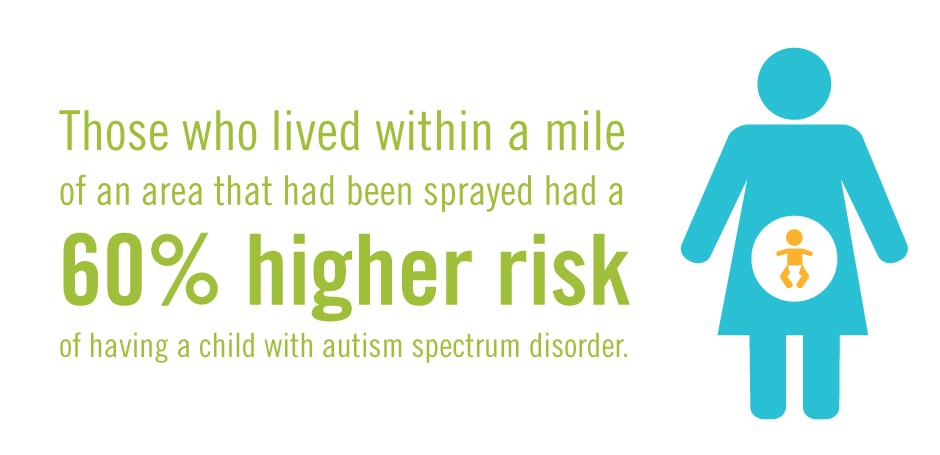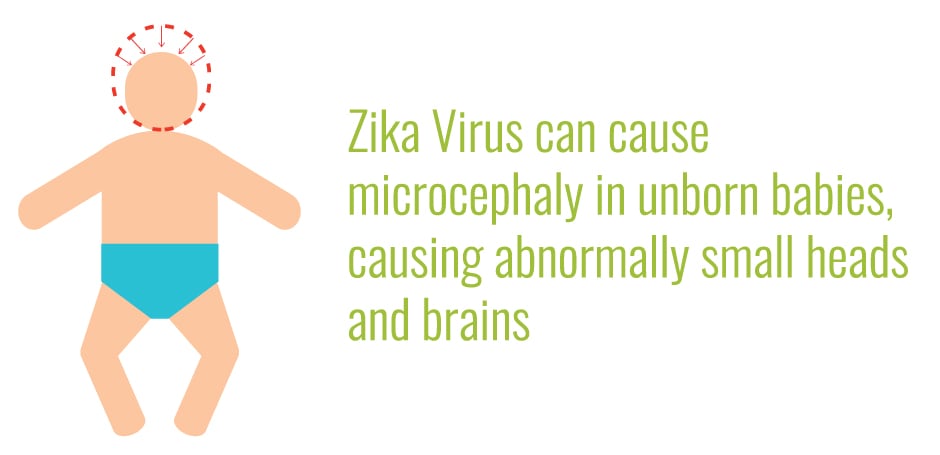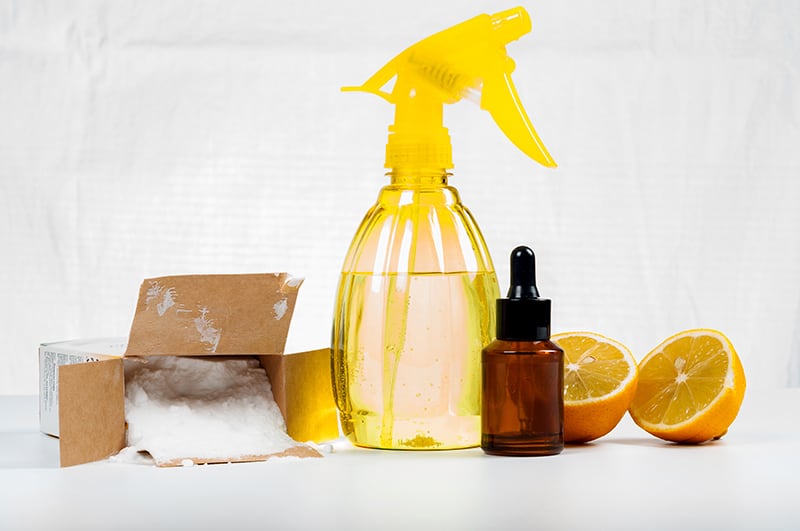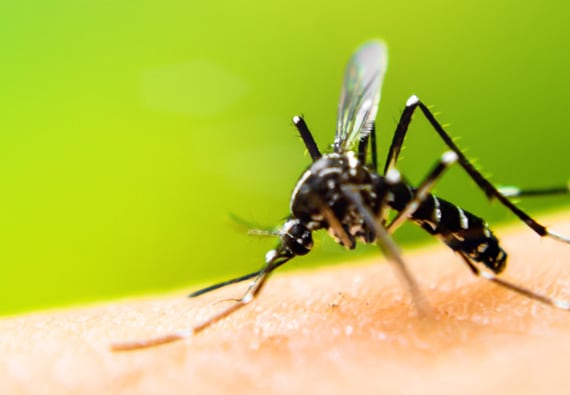If your family uses DIY pest control treatments, have someone other than you apply them. Chemicals should be applied sparingly and only where needed. This is safer than widespread spraying of pesticides.
Remove all food, utensils, cooking tools and dishes from the area that is being treated. This includes areas such as cabinets and drawers. Keep these items out of the way until several hours after pesticide application.
If pesticide is being sprayed outside, close the windows and stay indoors. This can keep pesticides from being drawn into the house and limit your exposure.
If you garden and will be in an area where insecticide or weed killer has been applied, wear rubber gloves and clothing that covers your skin. This can limit the amount of pesticide you are exposed to.
When gardening or enjoying outdoor recreation, it’s important to protect against mosquito bites, especially if you live in an area where mosquito-borne illnesses have been detected. A study on the effects of DEET insect repellent found that its daily use was not associated with an increase in birth defects or developmental problems. DEET-based mosquito repellents are sold at a number of concentrations. A higher concentration does not provide stronger protection – it protects for longer. For instance, a product with 6.65% DEET protects for around two hours while a product with 20% DEET protects for four hours. If you are concerned about DEET exposure, pick the product with the lowest concentration that will protect you for the span of time you expect to be outdoors. While there have been reported issues with people overexposed to DEET, using products as directed can eliminate this risk.
Does someone in your family work with pesticides or work in any area that is exposed to them? This can include individuals who work for pest control companies, agricultural workers, and those who work near areas that are exposed to pesticides. You can minimize exposure by having them change out of their work clothes and wash them immediately once they return home, then showering to remove any additional residue.






